Integrated solutions for dengue fever prevention in Vietnam
On December 3, the Vietnam Government Portal organised a seminar on dengue fever prevention with the participation of state management agency leaders and experts.
Takeda's dengue vaccine from Japan has been deployed across all state and service immunisation centres since September, contributing to a more sustainable strategy for preventing and controlling the disease.
However, Dr. Hoang Minh Duc, director of the General Department of Preventive Medicine under the Ministry of Health, noted existing gaps in dengue prevention efforts.
"Before the vaccine, we implemented traditional methods like eliminating disease-transmitting vectors. While the most effective method, it remains extremely difficult to completely eliminate vectors. Therefore, the most critical need is a solution to create human immunity capable of resisting the dengue virus. It will help solve the challenge of dengue fever prevention efforts in Vietnam," Duc said.
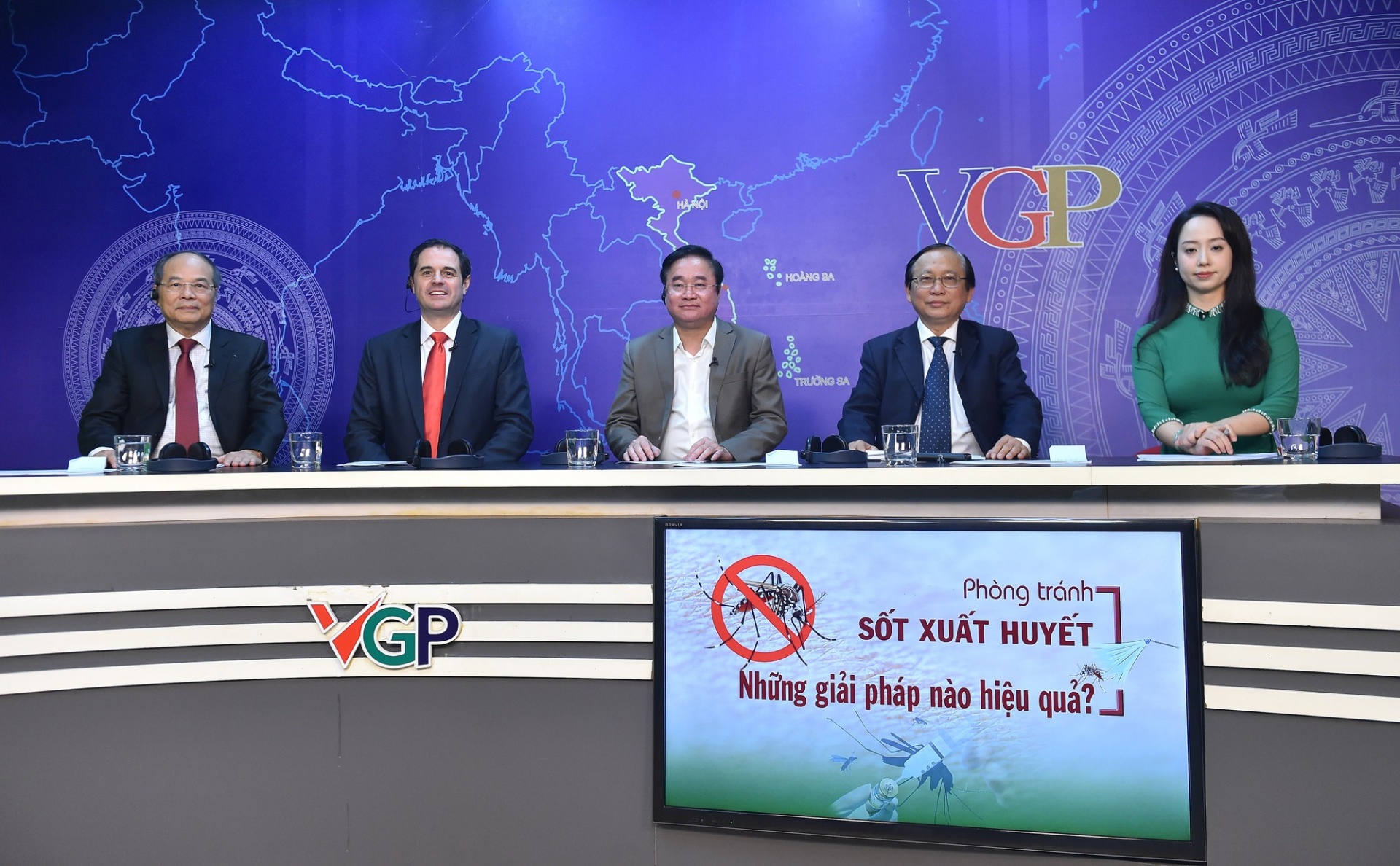 |
| Photo: VGP |
Prof. Vu Sinh Nam, senior advisor on dengue fever at the National Institute of Hygiene and Epidemiology, said, "The vaccine is a valuable complementary tool for our existing prevention efforts such as vector control and community awareness campaigns. The vaccine can help reduce severe dengue fever cases and hospitalisation rates, especially among vulnerable groups like children and the elderly."
According to Nam, in addition to vaccination, parallel measures such as mosquito and larva elimination are necessary to ensure vaccine sustainability, as the vaccine does not completely prevent all dengue fever cases.
"The World Health Organisation recommends comprehensive vector control as a crucial factor in the dengue fever prevention and control strategy. The success of controlling and preventing dengue fever also depends on close coordination among government agencies and public participation," Nam said.
Moreover, surveillance work needs to be conducted continuously to timely update information about dengue fever and detect early signs of disease outbreak. From there, integrated measures like vaccination and vector control can be deployed quickly and effectively.
Dion Warren, area head of India and Southeast Asia at Takeda said cooperation plays a crucial role in the battle against dengue fever.
"Takeda is honoured to accompany healthcare agencies, experts, and communities in India and Southeast Asia to fight this disease together. With the emergence of the dengue vaccine, combined with existing prevention measures, we are opening a brighter future for community health. This comprehensive solution will help us effectively control the disease in Vietnam and worldwide," Warren said.
Experts added that collaborative efforts between government agencies, health organisations, and industry partners will be an important step in the fight against dengue fever by integrating advanced solutions, strengthening cooperation, and prioritising community health.
They also warned that dengue fever is evolving unpredictably and expanding its transmission range, placing heavy pressure on the healthcare system. Particularly, rapid urbanisation and climate change further increase challenges in disease prevention and control.
This year, Vietnam recorded approximately around 115,000 dengue fever cases, including 18 deaths. In 2023, the number of cases was 20 per cent higher, and there were around 40 recorded deaths.
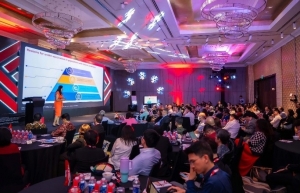 | First international summit on shingles prevention held in Vietnam GSK organized a series of international scientific summits for healthcare professionals in emerging markets in three countries in October and November, including Colombia, Dubai (UAE) in October, and Vietnam in collaboration with Vietnam Medical Association in November. |
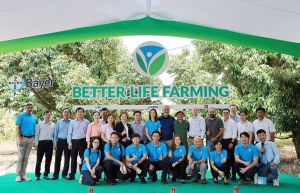 | 30 years of Bayer Vietnam: health for all and hunger for none Present in Vietnam since 1994, Bayer has steadfastly pursued its mission “Health for All, Hunger for None”, fostering strategic collaboration and contributing to the country’s sustainable development goals with the three key focus areas of crop science, consumer health, and pharmaceuticals. |
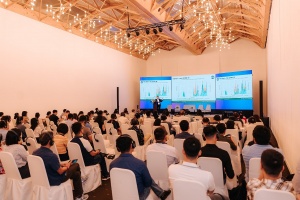 | Sanofi hosts series of seminars on influenza Sanofi Southeast Asia and India organised a series of scientific seminars on influenza between November 11-13 in Ho Chi Minh City, attracting over 400 healthcare professionals from around the globe. |
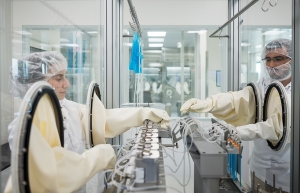 | Takeda’s health innovation and net-zero ambition Global biopharmaceutical group Takeda, which achieved carbon neutrality in 2020, is committed to its mission of further safeguarding people and the planet, including the development of preventative therapies for infectious diseases - such as its dengue vaccine - which are on the rise due to climate change. |
What the stars mean:
★ Poor ★ ★ Promising ★★★ Good ★★★★ Very good ★★★★★ Exceptional
 Tag:
Tag:
Related Contents
Latest News
More News
- Tet event in Japan celebrates success of 14th National Party Congress (January 25, 2026 | 10:04)
- 14th National Party Congress wraps up with success (January 25, 2026 | 09:49)
- Congratulations from VFF Central Committee's int’l partners to 14th National Party Congress (January 25, 2026 | 09:46)
- List of newly-elected members of 14th Political Bureau announced (January 23, 2026 | 16:27)
- 14th Party Central Committee unanimously elects To Lam as General Secretary (January 23, 2026 | 16:22)
- List of members of 14th Party Central Committee announced (January 23, 2026 | 09:12)
- Highlights of fourth working day of 14th National Party Congress (January 23, 2026 | 09:06)
- Press provides timely, accurate coverage of 14th National Party Congress (January 22, 2026 | 09:49)
- Press release on second working day of 14th National Party Congress (January 22, 2026 | 09:19)
- Minister sets out key directions to promote intrinsic strength of Vietnamese culture (January 22, 2026 | 09:16)



















 Mobile Version
Mobile Version